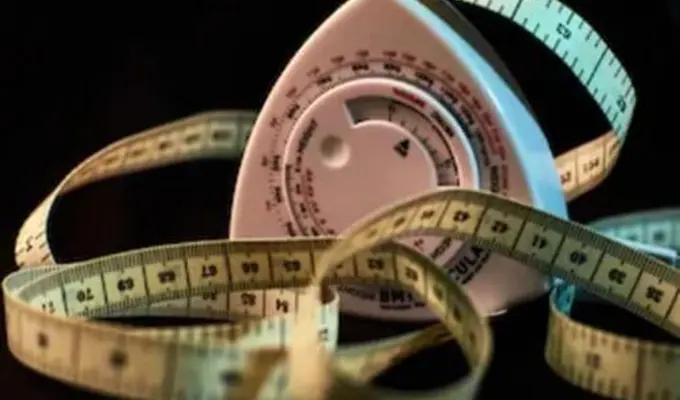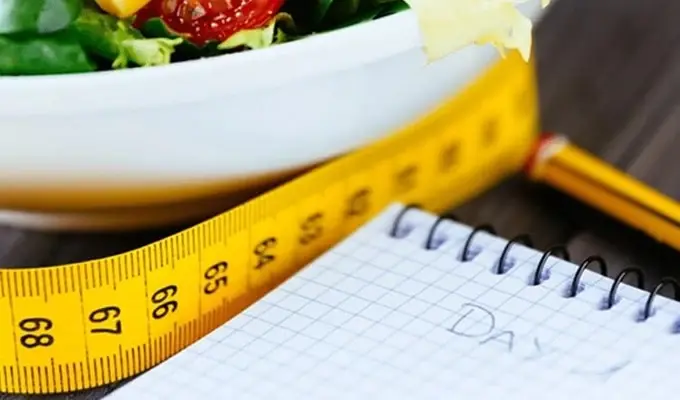WATER INTAKE CALCULATOR
It can be hard to know how much water to drink in any given day, when you should be drinking it, and how to judge when you need more or less.
We have signals from our bodies that tell us when to drink: dry mouth, the feeling of thirst we are all familiar with, heavily coloured urine… we all know the symptoms. However, when we feel thirsty or notice any of these symptoms, we are usually already dehydrated. In fact, by the time you feel thirsty, your body may already be down 1% of its natural water balance. Even 1% can have a drastic effect on health, energy levels and athletic performance.
Drinking when you’re thirsty isn’t a particularly viable option.
So what should you do, and why is it so important to stay hydrated?
SIGN UP FOR YOUR FREE DAY PASS TODAY!
Staying hydrated
Keeping hydrated is one of the simplest yet most important ways in which you can maintain optimum health and fitness. The human body is made up of around 60% water; our organs and cells need water to function properly, and correct blood volume and circulation relies heavily on adequate hydration.
For some perspective, we can see that the heart and brain are made up of 73% water; the muscles and kidneys about 79%; the lungs about 83%; skin is around 64%; and the bones 31%.
Taking in the right amount of water on a daily basis- at regular intervals- is essential. Without doing so, the human body cannot allot water correctly to cells and organs. It will have to prioritise where the scarce volume of water it is taking in goes, leaving many bodily processes working sub-par.
This will have a short-term effect as these bodily processes work below optimum. It will also have a longer-term effect as these functions begin to accrue damage over time. For instance, losing water to the brain will lead to cognitive impairment and headaches, amongst other symptoms. Over time, this will lead to cells dying and not replacing themselves properly, potentially triggering long-term neurological conditions. The muscles losing water will lead to decreased athletic performance, with sometimes serious atrophy over time.
Interested in diving deeper into fitness metrics? Explore our BMI Calculator, BMR Calculator, TDEE Calculator, and Body Fat Calculator for a thorough insight into your health parameters.
Some of the more common health concerns surrounding a lack of dietary water include:
- Dehydration
- Premature aging
- Joint issues
- Constipation
- Hunger pangs
- Headaches and dizziness
- Lack of cognitive ability
- Skin issues like dry skin
- Certain cancers
- Organ damage
- Chemical and hormonal imbalances
How much water should you drink per day?
Water intake in a day can vary a great deal. As your body requires water for the proper functioning of the vital organs, along with many bodily processes, we need to get this amount right. Drinking any less can lead to many of the health complications mentioned above.
Obviously, you want to be drinking enough water every day to keep your body hydrated. If in doubt, go for more rather than less. If you find yourself running to the bathroom every half hour, you’ll have over done it. However, aside from frequent toilet trips, there are few downsides to drinking too much: any excess water is simply flushed away as waste.
8 large glasses per day is often bandied about as a good number. This may be a good starting point- it will certainly be more than many people drink as a matter of course. However, it still may not be enough. If you tend to sweat heavily, lead an active lifestyle, live in a hot climate, or have any other health or lifestyle factors that mean you grow easily dehydrated, you will need more than this.
Water intake calculator
This is where a water intake calculator will be of use. Using a water intake calculator will allow you to get a good measure of exactly the volume of water intake you need to stay healthy. It will take many factors into account, including biometric and lifestyle factors, to give you a rough estimate of how much you should be drinking.
Of course, it’s only rough. If you find yourself still being thirsty, add a little more per day until you’re satisfied. However, it should give you a good place from which to start.

















































































